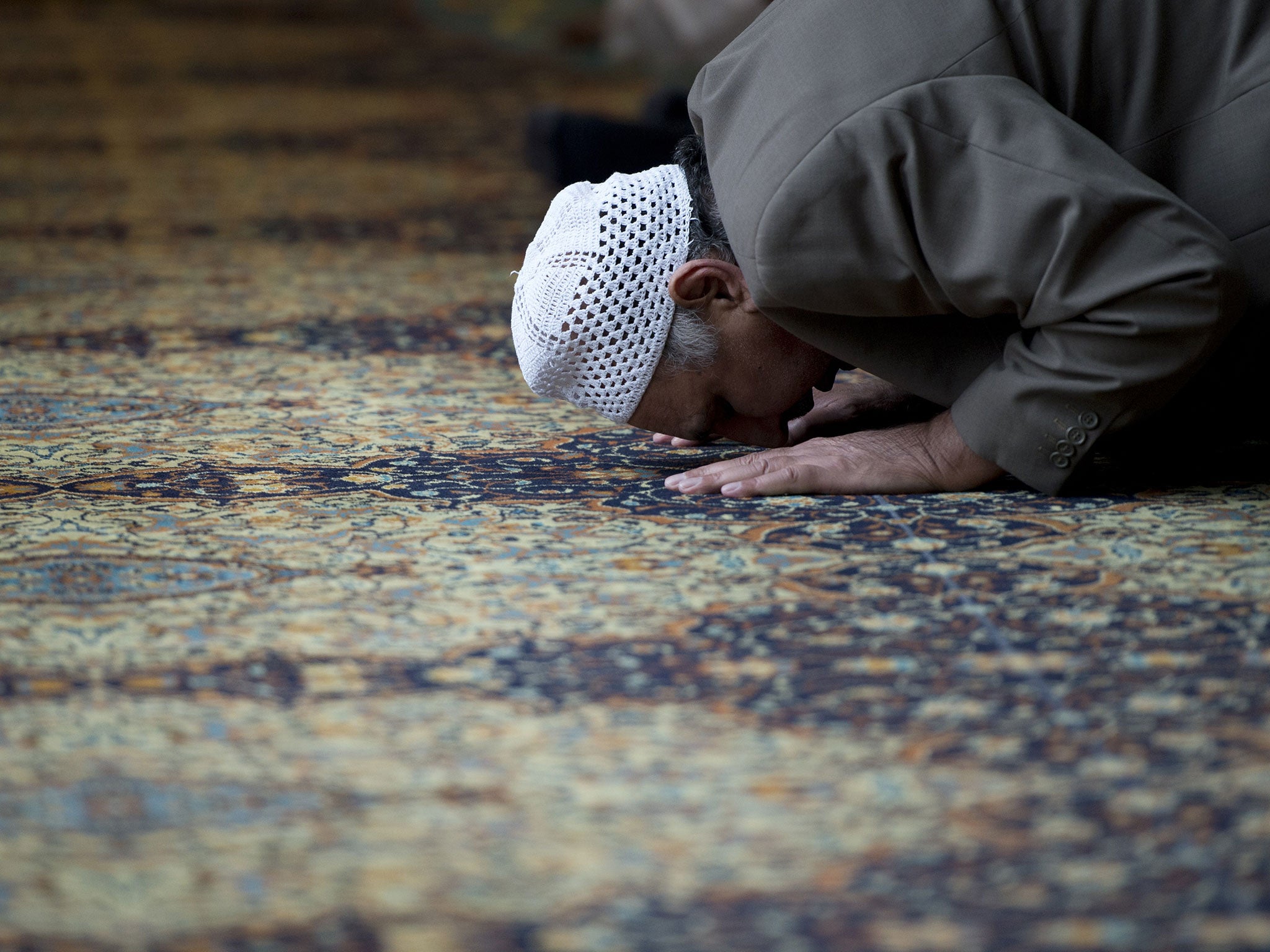Charlie Hebdo: #WhoIsMuhammad trending as Muslims discuss what the Prophet taught
Whether the Prophet should be depicted has been under fierce debate this week

Your support helps us to tell the story
From reproductive rights to climate change to Big Tech, The Independent is on the ground when the story is developing. Whether it's investigating the financials of Elon Musk's pro-Trump PAC or producing our latest documentary, 'The A Word', which shines a light on the American women fighting for reproductive rights, we know how important it is to parse out the facts from the messaging.
At such a critical moment in US history, we need reporters on the ground. Your donation allows us to keep sending journalists to speak to both sides of the story.
The Independent is trusted by Americans across the entire political spectrum. And unlike many other quality news outlets, we choose not to lock Americans out of our reporting and analysis with paywalls. We believe quality journalism should be available to everyone, paid for by those who can afford it.
Your support makes all the difference.Muslims have taken to Twitter to positively reclaim the image of the Prophet Mohamed, which has been subject to fierce debate in the wake of the tragic terror attacks in Paris last week.
Brothers Cherif and Saif Kouachi stormed the offices of French satirical magazine Charlie Hebdo last week, where they shot 12 people dead.
Some witnesses reported that the attackers shouted: “We have avenged the Prophet Mohamed” after the massacre, as the magazine has in the past published controversial cartoons showing the religious figure.
While Islam does have a history of depicting the Prophet in art, showing him is generally forbidden to prevent idolatry.
The shooting has sparked a global debate on whether the Prophet Mohamed should be depicted, and if the offence this may cause should be ignored in the name of free speech.
In an attempt to highlight the Prophet's teachings in a wider context, Muslims and those standing in solidarity with them posted tweets using '#WhoIsMuhammad' - which quickly began trending worldwide.
Others used quotes from revered thinkers and activists, including Mahatma Ghandi and Leo Tolstoy, to add to the debate.
The tweets come after 3million issues of the first post-attack issue of Charlie Hebdo were published in France - the frontpage featuring the Prophet Mohamed weeping with a "Je suis Charlie" placard in his hands.
"I hope this doesn't trigger more attacks. The world is already mourning the losses of many lives under the name of religion," Hamad Alfarhan, a 29-year old Kuwaiti doctor, told The Associated Press.
Abbas Shumann, deputy to the Grand Sheik of Cairo's influential Al-Azhar mosque, said the new image was "a blatant challenge to the feelings of Muslims who had sympathized with this newspaper."
But he said that Muslims should ignore the cover and respond by "showing tolerance, forgiveness and shedding light on the story of the prophet." An angry reaction, he said, "will not solve the problem but will instead add to the tension and the offense to Islam."
Join our commenting forum
Join thought-provoking conversations, follow other Independent readers and see their replies
Comments